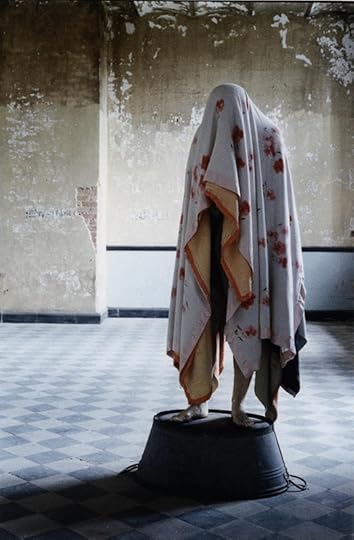What do you think?
Rate this book


109 pages, Paperback
First published June 1, 1997

‘Now I can see the good little girl who goes to private school, enjoying the power and ideology of a world symbolizing truth, progress and perfection, a world which, in her eyes, she would never fail.’
